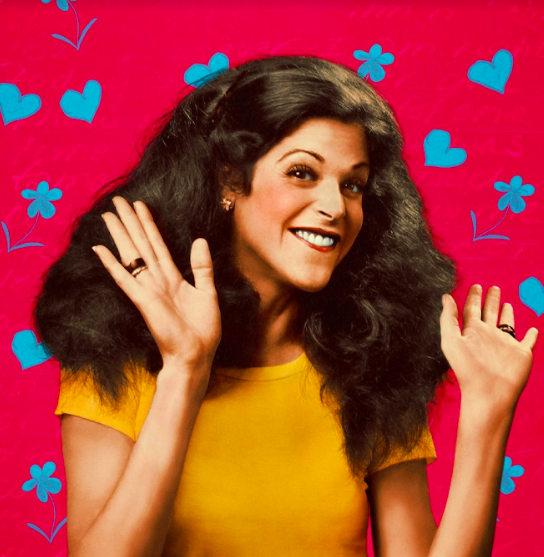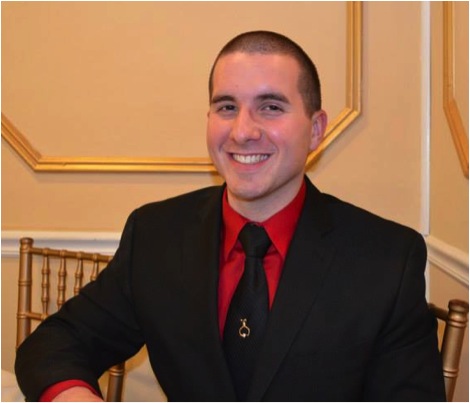
Photo Credit: RottenTomatoes.com
 By Vincent Abbatecola
By Vincent Abbatecola
For the last 43 years, “Saturday Night Live” has been a landmark in television. Through sketch comedy, viewers have been introduced to unforgettable characters brought to us by countless legends, such as Chevy Chase, Julia Louis-Dreyfus, Mike Myers, Chris Farley, Adam Sandler, Tina Fey, Amy Poehler, and Kristin Wiig, to name a few. To stay up late and watch these performers make us cry with laughter has been a ritual in American pop culture.
Within this ritual came one of the most influential members in the show’s history: the late Gilda Radner, who passed away in May 1989, having been ill with ovarian cancer. In emotional and inspirational documentary, “Love, Gilda,” director Lisa D’Apolito recounts Radner’s many successes and the trail that she blazed, not just for women in comedy, but for everyone in comedy.
Throughout the film, D’Apolito has several notable figures from “SNL” read passages from Gilda’s writings, including Chase, Poehler, Bill Hader, Maya Rudolph, Cecily Strong, and five-time host Melissa McCarthy, and you can see how honored that they feel for being able to read Gilda’s words. In these segments, you witness how Gilda’s love for making people laugh was passed down through the decades to these comedic talents.
In addition to having these aforementioned actors and actresses read from Gilda’s writings, we’re also provided with interviews from many individuals who were close to her, including actor Martin Short, singer and composer Paul Shaffer, original “SNL” writer Alan Zweibel, and “SNL” creator and producer Lorne Michaels. With their detailed accounts, we receive an idea of how Radner impacted the lives of those around her and the respect and love that others had towards her, and you come out of this movie with a richer understanding of what made her the comedian and kindhearted person that we remember her as.
D’Apolito provides us with a well-researched journey through Gilda’s childhood, how her talent flourished through college and theater groups, and how it led her to not only being a member of the first cast of “SNL,” but the first person to land a spot on the show out of everyone. We see how her genius thrived on that show, bringing numerous memorable characters to life, such as personal advice expert Roseanne Roseannadanna; the elderly Emily Litella, who provided editorials for the show’s “Weekend Update” segment; and her Barbara Walters parody, “Baba Wawa.” With these roles, Gilda presented a passion for comedy that has made her one of the staples of that show and a talent who’s in a whole other realm, and all of her characters are examples of that.
During the movie, portions are narrated by Gilda via cassette tapes that she recorded. With these, we’re given a look into her life and whatever troubles that she had, and we see how she turned those troubles into jokes. Early in the movie, we see a handwritten quote from one of her writings, saying that if there’s something that you don’t like about yourself, than you should laugh at it before someone else does, and such a view on life speaks to Gilda’s ability to find laughter in unexpected places. This is most evident later on in the film where Gilda, at a point where she has had her illness for a while, joins a support group for individuals with cancer, and helps them cope by making them laugh through all of their worries. This concept evolved into Gilda’s Club, a network of clubhouses where people with cancer and their families can gather and discuss living with the illness.
2018 has had a few great documentaries this year, and “Love, Gilda” takes its place among them. D’Apolito’s film is a wonderful tribute to an icon and a testament to the healing power of comedy, bringing us through the laughs and the tears of Gilda’s life. We see how fortunate people were decades ago to have Gilda in their lives to make them smile, and this documentary shows that, in many ways, she still can.
Grade: A

You must be logged in to post a comment Login